1989 Hugh Nibley and Associates, LLC.
All rights reserved. No part of this book may be reproduced in any form or by any means without permission in writing from the publisher, Deseret Book Company, P.O. Box 30178, Salt Lake City Utah 30178. This work is not an official publication of The Church of Jesus Christ of Latter-day Saints. The views expressed herein are the responsibility of the author and do not necessarily represent the position of the Church or of Deseret Book. Deseret Book is a registered trademark of Deseret Book Company.
Table of Contents
Key to Abbreviations
| CWHN | Collected Works of Hugh Nibley |
| HC | Joseph Smith, History of The Church of Jesus Christ of Latter-day Saints, 2nd ed. rev., edited by B.H. Roberts (Salt Lake City: The Church of Jesus Christ of Latter-day Saints, 1932-51) |
| JD | Journal of Discourses, 26 vols. (London: Latter-day Saints Book Depot, 1854-86) |
| PG | J.-P. Migne, Patrologiae Cursus Compleus... Series Graeca, 161 vols. (Paris: Migne, 1847-1866). |
| TPJS | Joseph Smith, Teachings of the Prophet Joseph Smith, selected by Joseph Fielding Smith (Salt Lake City: Deseret Book Company, 1938) |
| WJS | Joseph Smith, The Words of Joseph Smith, compiled and edited by Andrew F. Ehat and Lyndon W. Cook (Provo, Utah: Brigham Young University Religious Studies Center, 1980) |
| WPQ | Western Political Quarterly |
Foreword
Many essays in this volume will be new to readers; most have not been published, except through the Foundation for Ancient Research and Mormon Studies (F.A.R.M.S.), and all have been written since 1971. Brother Nibley explains:
All my life I have shied away from these disturbing and highly unpopulareven offensivethemes [the uses of money]. But I cannot do so any longer, because in my old age I have taken to reading the scriptures and there have had it forced upon my reluctant attention, that from the time of Adam to the present day, Zion has been pitted against Babylon, and the name of the game has always been moneypower and gain (see below, page 58).
Perhaps no one in our dispensation dwelt so pointedly on this theme as Joseph Smith and Brigham Young, whom Brother Nibley cites liberally. Heber C. Kimball, Mosiah Hancock, John Taylor, Wilford Woodruff, Lorenzo Snow, Joseph F. Smith, and others had the same vision of impending doom brought about by the Saints succumbing to Satans materialistic ploys (Brigham Young aptly calls them decoys).
In counseling the Saints on how to resist covetousness, President Young used, in his words, a most plain and homely analogy: just keep your dish right side up. The Saints should not be in a hurry to obtain wealth, he cautioned; they should entertain no preoccupations with acquiring the goods of this world. Rather they should attend to their prayers, ask for forgiveness before the Lord, and seek the Lords protection from temptation; Guide your steps aright, that you may do something (JD 15:36-37). Dont you try to fill your own dish; to attempt to do so is to partake of the spirit of Babylon. If the Lord wishes an individual to have more than a sufficiency for basic needs, he will so provide: And having food and raiment let us be therewith content (1 Timothy 6:8); the sole justification for seeking any surplus is to bless the poor, whose presence among us is, as it were, a test of our commitment.
In that same spirit of plainness, Brother Nibley stands on its head one of the maxims of many Saints and some politicians of our day: Theres no such thing as a free lunch. Its pretty much all a free lunch, Nibley counters (at least the price [of lunches] varies). Board and room are free on this earth; everything is a gift of God, which we can obtain by preparing ourselves through constant repentance. It is Satan who exacts a price: Sin pays its servants; the wage is death. Gods gift to man is eternal life (Romans 6:23).
Thus this volume will certainly be among the most controversial of Hugh Nibleys Collected Works, troubling to Latter-day Saints who think to accumulate and enjoy Satans salient icon in this worldmoney. Many readers of Nibley have confessed that reading one or two of Nibleys Zion essays is stimulating. Reading and rereading all these essays is thoroughly sobering, based, as they are, in Nibley fashion, on ample reference to the scriptures and the best thinking of all ages. Jobs words perhaps apply: For God speaketh once, yea twice, yet man perceiveth it not (Job 33:14). Study of these many essays produces an arresting cumulative impression: in no place do the scriptures, including the voices of our modern prophets, assent to the goal of amassing the goods of this earth. Such a course is to yield to Satans Golden Question: Do you have any money?
Nibleys comments are not to be misconstrued as a call to reinstitute formally the law of consecration. Nibley explains that it does remain the privilege of individuals to live the law in their personal lives, as they so covenant regularly in the templeto seek first the kingdom of God, and to share freely ones various resources with those who may have less. In time the law will be reinstituted; in the meantime, Nibley sets forth lucidly the principles that enable us to live that law in face of the feeble realities of the present. The ideal is before us, and nothing prevents us as individuals from living that law, thus enjoying its blessings and preparing ourselves for its renewal.
A parallel exists in the Word of Wisdom. The Saints realize that its principles extend far beyond abstinence from tea, coffee, liquor, and tobacco, yet it has taken many of the Saints years to appreciate the ramifications of even the basics of this inspired health code; and the education is not yet complete. How much more there is to be learned in the principles of consecration!
This volume, perhaps more than others, also reflects Nibleys characteristic style of thinking and writing. Many of the essays have a highly informal flavor, being carefully edited transcriptions of Nibleys rapid-fire, often extemporaneous remarks from notecards. And Nibleys mind is constantly at work, even in the midst of formal discourse, working and reworking ideas and resource materials, ever discovering and making new connections and drawing new inferences.
Thus the same scriptures, themes, anecdotes, arguments, and quotations frequently recur in different contexts in these essays. For example, the essays Gifts and Deny Not the Gifts contain some of the same material, though the introductions are quite different.
The editors even wondered whether all these texts warranted publication, for a few are discursive and unpolished in other ways. We decided to go ahead. Together, these essays and transcripts offer a vivid impression of the man Nibley and his most deeply felt concerns. Regular readers of Nibley will welcome them all.
Nibley also does a good deal of paraphrasing and individual translating of scriptures and foreign-language texts. The retention of his words creates a degree of coherence and individuality that, again, reflect his style of work.
In the spirit of all the prophets, Brother Nibley yearns for Zion; and his broad historical perspective enables him to define with precision why the people of the covenant, and other Utopians as well, have achieved, or failed to achieve, this goal. The scriptures speak of Zion. Joseph Smith received the principles and essential elements of the Zion order. Brigham Young and others preached them. On this theme, Nibleys voice is one of the most outspoken of our century.


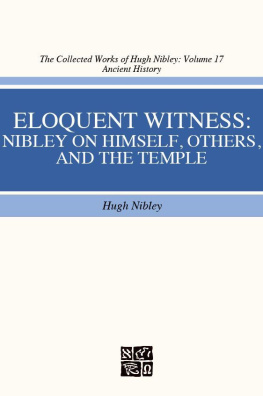
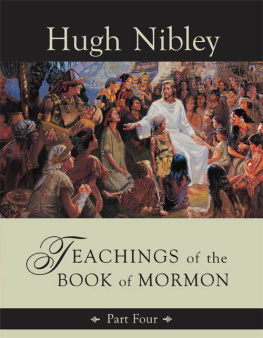
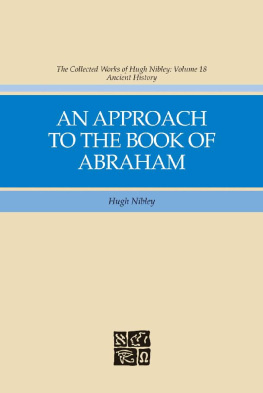
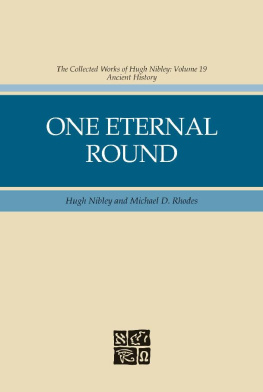
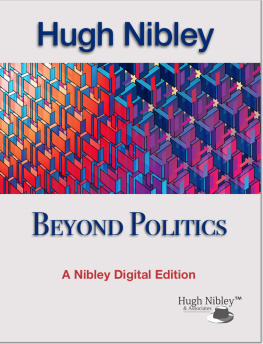

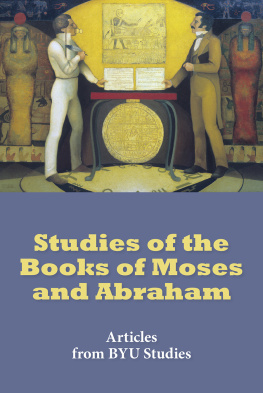
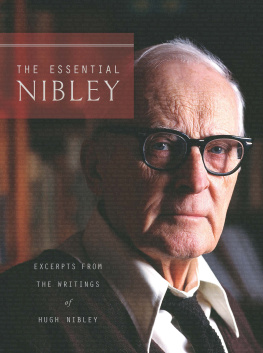

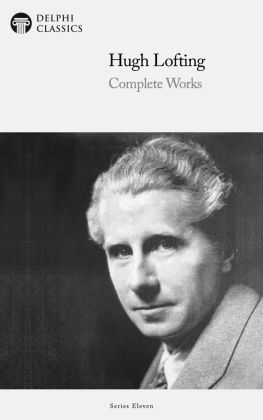
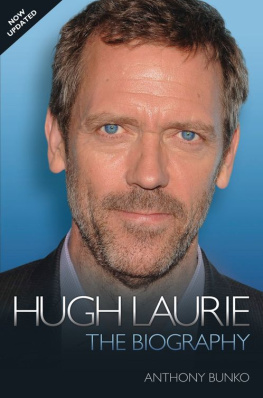
![Robert Hugh Benson [Benson - Robert Hugh Benson Collection [11 Books]](/uploads/posts/book/139831/thumbs/robert-hugh-benson-benson-robert-hugh-benson.jpg)
